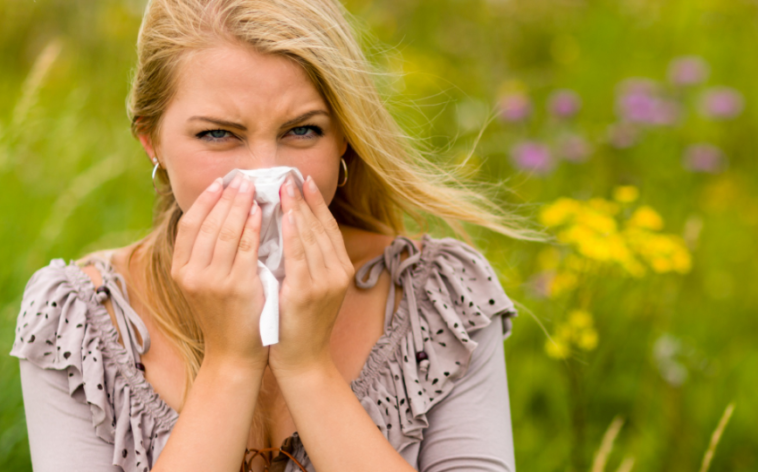Hay fever (or seasonal allergic rhinitis) is caused by an allergen: pollen from trees, herbs and grasses. This causes dilation of blood vessels as well as an inflammatory reaction in the body. We then notice unpleasant symptoms: irritated, scratchy throat, swollen eyes (or even conjunctivitis), blocked or runny nose, frequent sneezing, headaches, itching, etc. For those with allergies, the slightest outing can quickly become an ordeal. Fortunately, certain good habits that can sometimes seem harmless allow you to face risky periods more calmly. Discover these mistakes and aggravating factors to avoid to “survive” your hay fever!
1) Not knowing the basic gestures
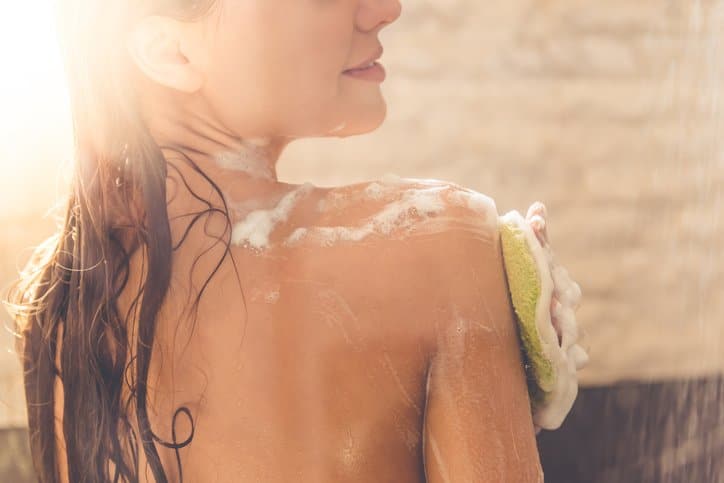
Sometimes, dealing with your pollen allergy comes down to a few things. First of all, get into the habit of provide information on pollen levels in the air on the RNSA website. This way, you can avoid going out during big pollen peaks! Also be careful in the event of a strong wind warning as they carry pollen. You should therefore not hesitate to wear glasses, hat, tied hair and mask. Additionally, remember to remove your jacket and shoes promptly at home. Above all, don’t keep them inside so as not to deposit allergens everywhere. You can also change your outfit when you return so as not to keep the “contaminated” clothes worn during the day.
And finally, don’t skimp on hygiene. Wash your hair after going out and brush it well to avoid depositing pollen on your pillow. Otherwise, you risk spending the night breathing in it, which could lead to anaphylaxis. Do the same for your nose with a physiological serum and favor showers in the evening to eliminate allergens stuck to the skin.
2) Eat tomatoes
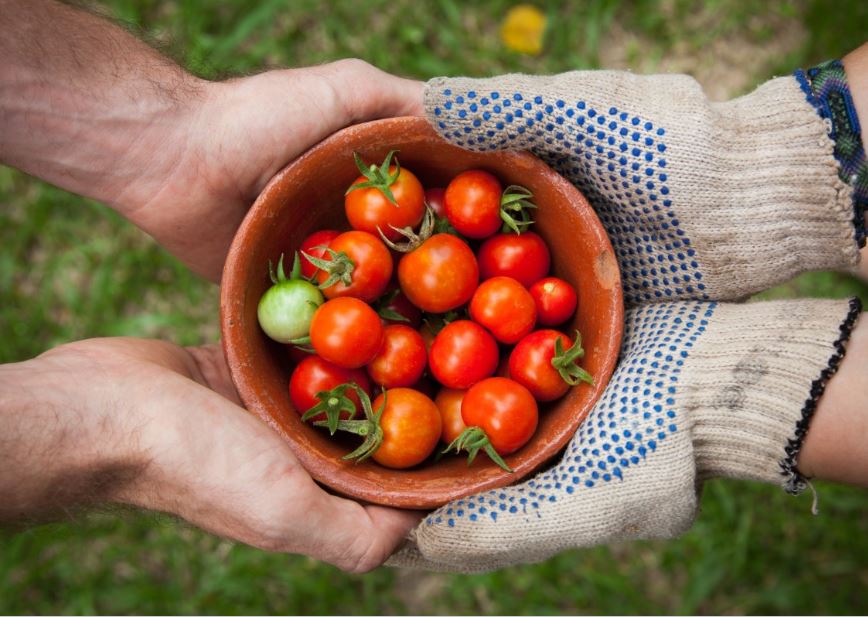
Unfortunately, there are often cross allergies between pollen and food. This implies a reaction between allergenic pollen and proteins contained in certain fruits and vegetables. For example, if you are allergic to alder or birch pollen, it is not recommended to eat cherries, apples or celery. And as for hay fever, the foods not recommended are peaches, potatoes and tomatoes. All of these can make your spring allergies worse. Also, do not hesitate to consult an allergist to find out which foods to limit to avoid making attacks worse.
3) Opening windows at the wrong time of day

Opening the windows to ventilate your interior is one of the steps you can take to clean up your interior. However, by doing so, you open the door to allergens which then enter your cocoon and embed themselves in your carpets and curtains to harm you! Fortunately, pollens are not present in the same numbers at all times of the day. This is the reason why it will preferably be necessary open your windows early in the morning, when it rains or in the evening. On the contrary, avoid opening them during the sunniest hoursespecially between 11 a.m. and 4 p.m. As for the car, it is better to opt for the air conditioning with closed circuit option and avoid opening the windows. The ultimate? Install anti-pollen filters to have peace of mind!
4) Dry your laundry outside
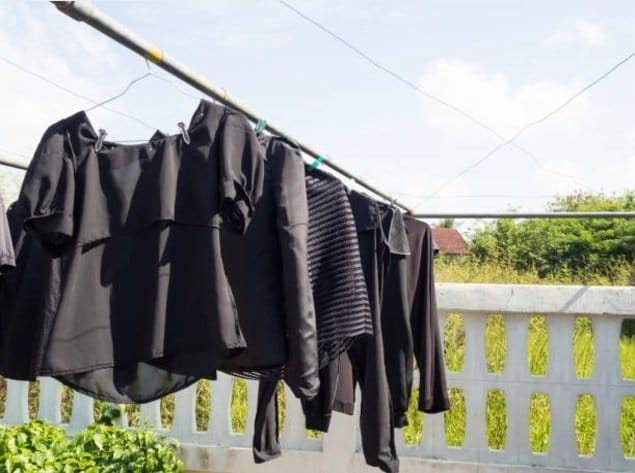
The weather is nice. It’s hot. It’s hard to resist the urge to put your laundry outside for quick drying in the sun and a natural whitening effect. However, be careful: damp laundry will soak up pollen grains suspended in the air. In fact, when you bring your laundry inside, both clothes and sheets will cause very unpleasant allergic reactions! In passing, remember that you need to change your sheets, pajamas and covers very often, washing them warmly every week. And for your purchases of pillows, comforters, box springs and mattresses, avoid feathers and use anti-mite materials.
5) Not taking care of the maintenance of the house
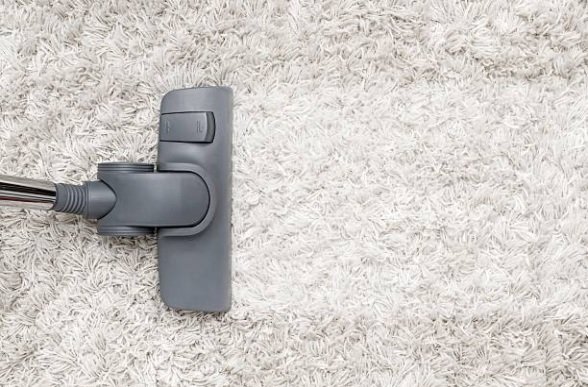
Between the dust and pollen that has managed to find its way into the house, our interior can become very unpleasant during periods of allergies. It is therefore better to avoid accumulating objects (books, decoration, etc.) which could be exposed there. Also, don’t skimp on cleaning upholstery (cushions, covers, curtains, etc.). Vacuuming it equipped with a HEPA filter at least once a week is essential. Take the opportunity to move on to your mattress! Also dust with a damp cloth very regularly. Brief, from floor to ceiling when passing through the vents, be uncompromising with dirt and dust.
6) Wait before taking your treatment

Is this the time when you are at risk of developing allergies, but you wait until the symptoms appear before treating them with medication? Bad idea, because antihistamines and doctor’s treatment offer a optimal relief when we take them in anticipation and not just in the event of a crisis. In addition, these allergies weaken the body and quickly make it even more sensitive to pollen. By the way, this also weakens the immune system and it is not uncommon to fall ill after an allergic episode (cold, sinusitis, etc.). Also, taking your treatment during allergy season can help you avoid a lot of inconvenience ! Also remember to stock up on ingredients to concoct some natural remedies to calm and relieve you.
7) Diffuse perfumes or essential oils at home
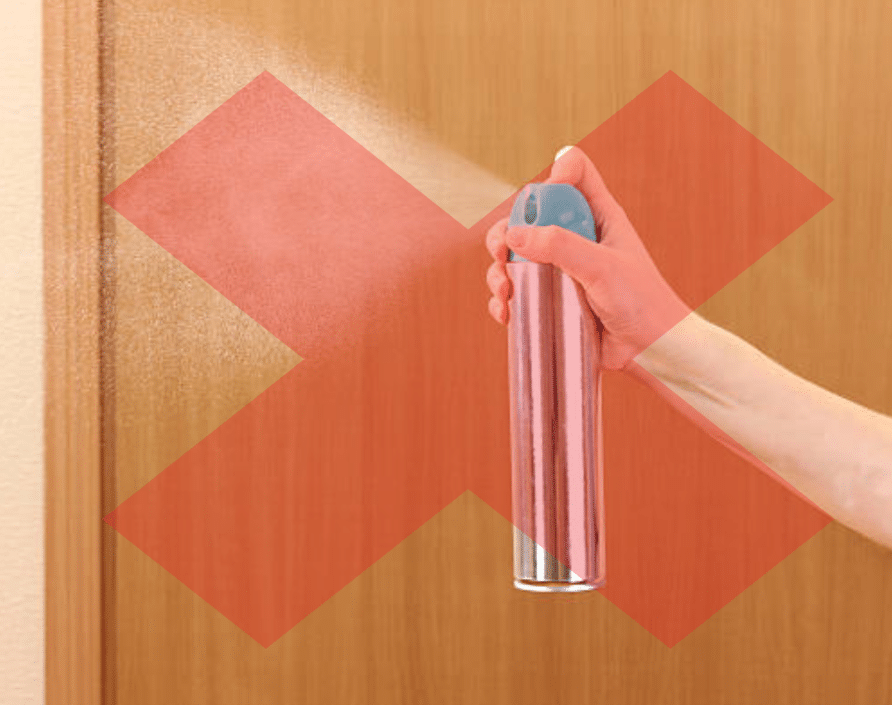
Unfortunately, they do not have the power to eliminate pollen. And what’s more, they can be harmful, because it is very important to always breathe pure and healthy air. However, perfumes often contain all kinds of air pollutants. In the end, so they only pollute the air and should be avoided like all potentially irritating substances (tobacco, fresh paint, ammonia, chlorine, odorous plants, etc.)! However, having a air purifier equipped with the right filters can be an advantage in preventing symptoms at home. Also be wary of menthol scented tissuesfor the same reasons, and those softened with milk proteins. In short, favor the simplest tissues without too many added substances!
Good to know: When your eyes itch, don’t scratch them with your hands that are likely covered in pollen. If you can’t rinse them in cold water, your tissues can be dampened to gently clean and soothe them.


